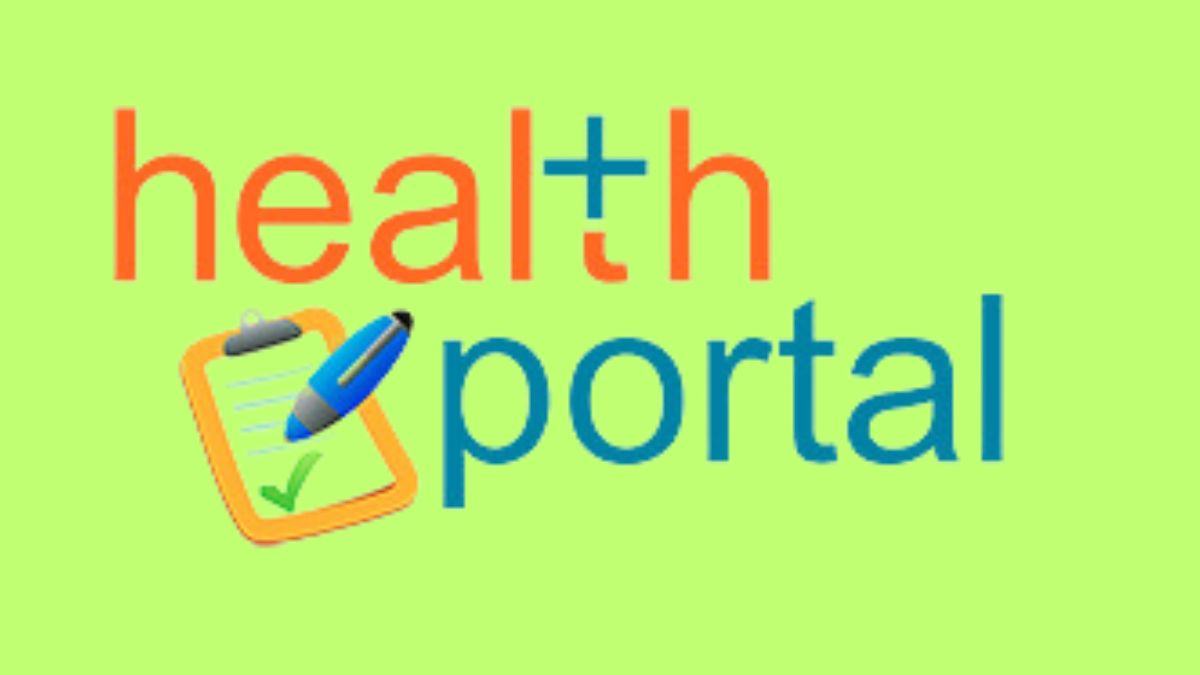Introduction
In medical terms, irregular heart actions are known as arrhythmias. It is a condition where your heart beats too slowly, too quickly or in an irregular rhythm. You may as if your heart is pounding or fluttering and is out of rhythm as it used to do.
Usually, arrhythmias are harmless and don’t require any treatment. However, they may lead to other severe health conditions that require medications or other treatments. Different types of medicines are available to treat arrhythmias. Based on your symptoms and the type of arrhythmia you have, your doctor will prescribe the best effective medicine.
Following are the most commonly prescribed medicines for treating irregular heartbeat:
Beta-Blockers
Beta-blockers like atenolol, metoprolol, timolol, etc. are used to slow down your heartbeat. However, these medicines can lead to a few side effects like tiredness, cold hands and feet, weakness and dizziness and dryness in the mouth, eyes, and skin.
Beta-blockers can interact with medicines like vidalista leading to some severe side effects. Vidalista is a PDE5 inhibitor used to get firm and long-lasting erections. However, when consumed along with beta-blockers, vidalista can cause a sudden drop in your blood pressure causing dizziness and fatigue.
Digoxin
This medicine belongs to a drug class of digitalis glycosides and is quite effective in controlling heart rate. Digoxin helps in the contraction of your heart muscles and controls the electrical signals that aid in slowing down your heart rate. Some of the common side effects are:
- Loss of appetite
- Nausea
- Vomiting
- Abdominal pain
- Diarrhea
- Drowsiness
- Change in vision
- Irregular heartbeat
- Headache
- Fatigue
- Depression
Sodium Channel Blockers
Sodium channel blockers like disopyramide, mexiletine, quinidine, procainamide, etc. are used to control your heart rhythm by concentrating on the electrical conductivity of the heart cells sodium channels.
Calcium Channel Blockers
Medications like diltiazem and verapamil are used to treat chest pain or angina, high blood pressure, and slow down your heart rate by relaxing your heart muscles. Most of the calcium channel blockers come in pills, but one can also have them intravenously. Unfortunately, these medications also have a few potential side effects like red skin, tiredness, heartburn and swelling of the belly, ankles, or feet.
Just like vidalista, calcium channel blockers also interact with grapefruit and grape juice, hence it is advisable to stop the consumption of grape juice and grapefruit while taking these medicines. Also, vidalista interacts with calcium channel blockers and causes sudden lowering of your blood pressure thus resulting in dizziness and fatigue. So always consult your doctor before mixing vidalista with calcium channel blockers or any other medications used to treat heart conditions.
Anticoagulants
Anticoagulants or blood-thinning medicines are prescribed when there are chances of formation of blood clots due to arrhythmia. In some cases, irregular heart rhythm can restrict blood flow, leading to the formation of blood clots. These blood clots, if travelled towards your brain, can cause strokes that may damage your brain and be lethal.
However, these medicines don’t control your heartbeat. They only prevent the formation of blood clots, thus reducing the risk of heart attack and stroke. Warfarin is one of the most popular and commonly prescribed blood-thinning medicines.
Although anticoagulants are effective, they can be dangerous sometimes as they may hinder the function of your body from stopping bleeding. When the chances of blood clot formation are not high, your doctor may suggest aspirin instead of warfarin as it has a lower risk of causing bleeding issues.
Antiplatelet drugs
Antiplatelet drugs such as anagrelide, aspirin
Clopidogrel, prasugrel, ticagrelor and tirofiban affect the action of platelets in your bloodstream which are the blood cells that lead to the formation of blood clots by binding together thus helping to stop bleeding.
Precautions Need To Be Taken While Having Medicines For Treating Irregular Heart Actions
Following are some necessary precautions that need to be taken when you are taking arrhythmia medications:
- Sometimes the family history of heart disease, high blood pressure and high cholesterol makes you susceptible to certain health problems and side effects associated with them. Hence inform your doctor if any member of your family is suffering from any health issues.
- Do not drive or get involved in any work that requires concentration as these medicines may cause drowsiness.
- Caffeine and alcohol intake can cause irregular heartbeat and can interact with medicines used to treat arrhythmias leading to some side effects. So limit the intake of caffeinated drinks and alcohol.
- Smoking can lead to arrhythmia and other health complications. So quit smoking.
- Exercise regularly after consulting your doctor as it will aid in the treatment of irregular heartbeat.
- Do not share your medications with anyone else.
- Take medicine as prescribed by your doctor.
- After taking medicine, immediately consult your doctor if you experience any side effects.
- In case you missed the dose then take it as soon as you remember. If it’s time for your next dose, skip the missed dose and take the next scheduled dose. Never take the double dose for compensating the missed one.
- Do not start or stop the intake of the medicines or alter their dose without consulting your doctor.
- Before taking any medicine, tell your doctor if you are taking any other prescription and non-prescription medicines or supplements. Medicines used to treat arrhythmia often interact with a PDE5 inhibitor like vidalista leading to serious health complications. Thus always be cautious while combining vidalista with any other pill.
- Also, tell him about your medical history. Let him know if you are suffering from diabetes, heart disease, kidney disease, liver disease, or other health conditions.
- Always store the medicines in a dry place, away from direct sunlight and humidity.
Summary
Irregular heartbeat, known as arrhythmia, is a health condition where your heart beats abnormally and out of rhythm. It isn’t a life-threatening situation and mostly doesn’t require any kind of treatment. But sometimes it can lead to some health complications that require treatment. Medications are one of the effective ways to treat an irregular heartbeat. However, these can lead to some side effects and may interact with other drugs; hence certain precautions need to be taken while having them.










